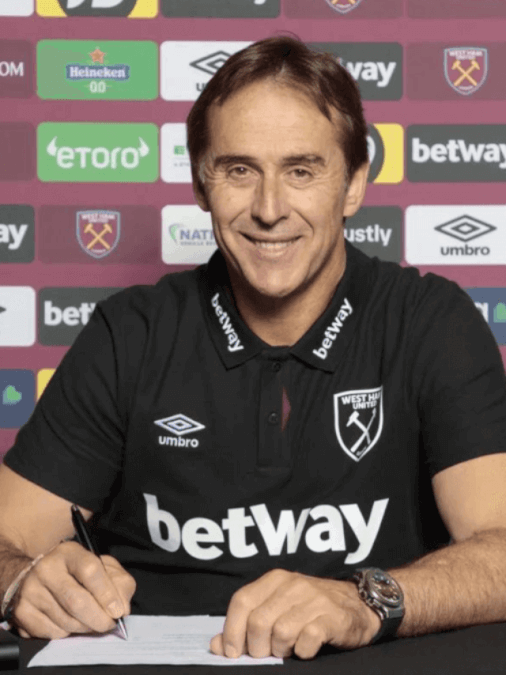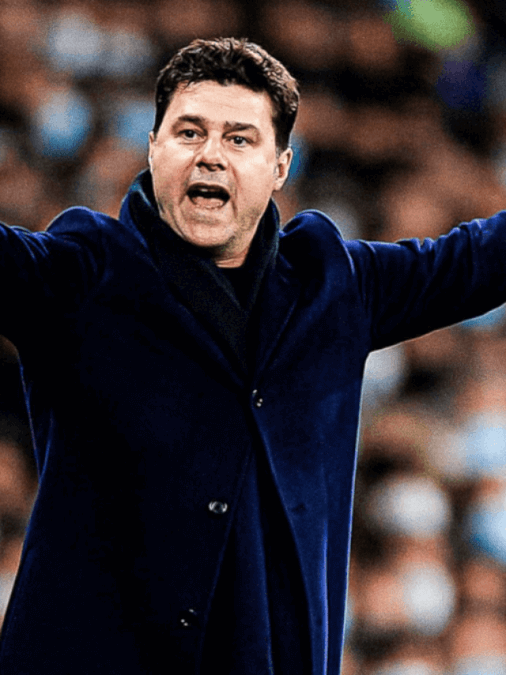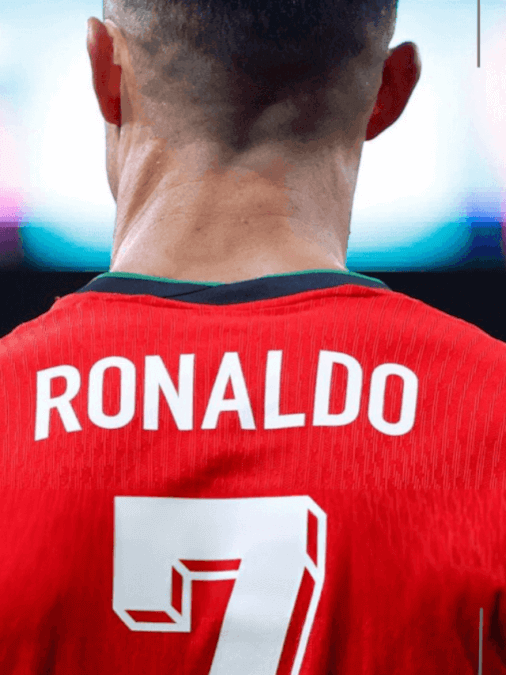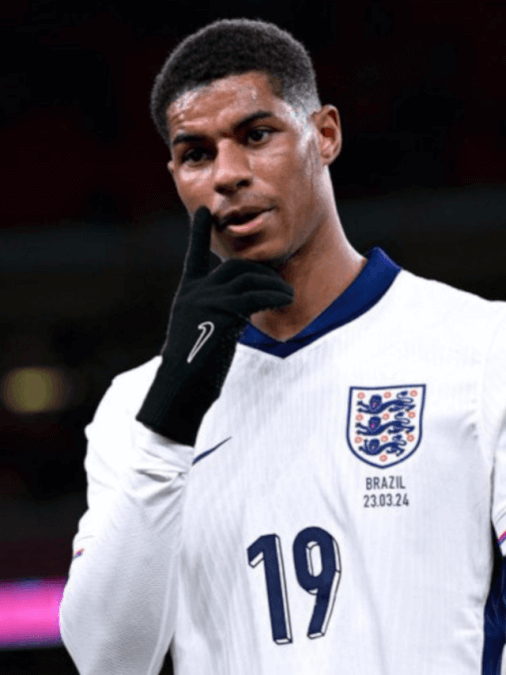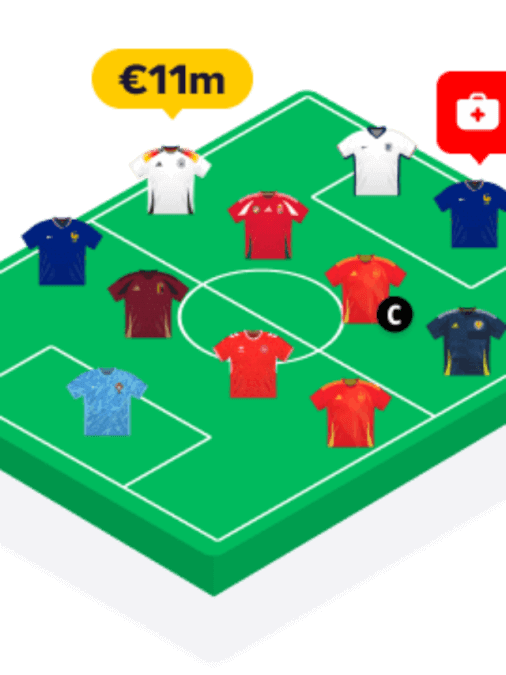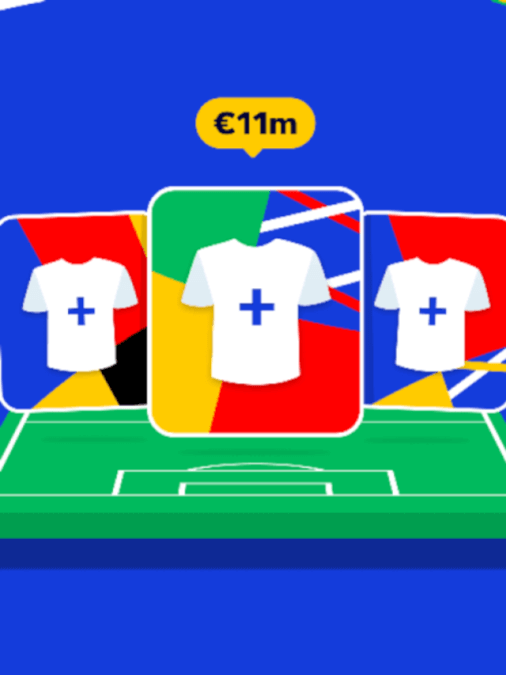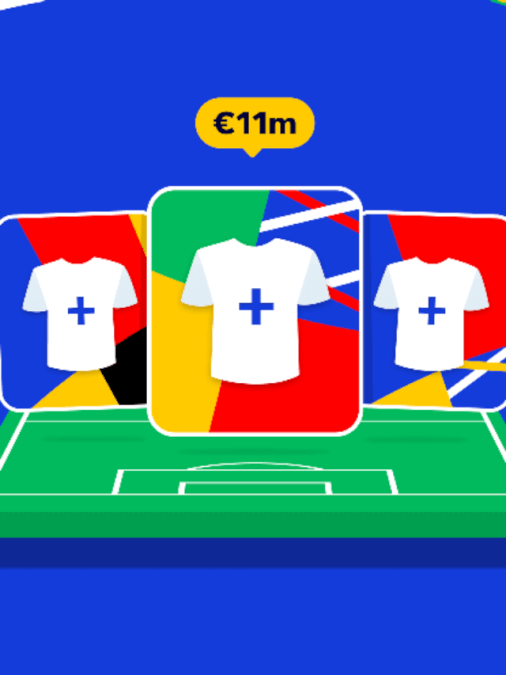Proper hydration is critical for young footballers, but there are numerous misconceptions that can lead to poor hydration habits.
Whether it’s a casual training day or a competitive match, knowing the truth behind these myths can ensure your young athlete stays healthy and performs at their peak.
Let’s debunk 10 common hydration myths in youth football and provide accurate guidance based on facts.
Myth 1: “You Don’t Need Water if It’s Cold”
One of the most common myths is that hydration isn’t necessary when it’s cold. Many believe that because they aren’t sweating as much, they don’t need as much water.
This is far from true. Cold weather can reduce the sensation of thirst, leading to inadvertent dehydration. Young athletes must hydrate in all weather conditions, whether hot or cold.
Want to know how much water your young footballer should be drinking in various conditions? Our Sports Hydration Calculator takes into account factors like temperature and training intensity to give accurate hydration recommendations.
Myth 2: “Drinking Too Much Water Causes Cramps”
Another common misconception is that water causes cramps. In reality, cramps are more often the result of dehydration or an imbalance in electrolytes, not from consuming too much water.
If cramps are a concern, make sure your young player is balancing hydration with electrolyte intake. For more information on post-game hydration, check out our guide on Post-Game Hydration.
Myth 3: “Only Sports Drinks Hydrate Properly”
While sports drinks can be beneficial during intense and prolonged exercise, they aren’t always necessary for regular training or shorter matches.
Water is often sufficient for most youth football sessions. Sports drinks should be reserved for high-intensity or extended activity to replace lost electrolytes, but be mindful of their sugar content.
To get the full scoop on when to use water versus sports drinks, visit our article on Hydration vs. Sports Drinks.
Myth 4: “You Don’t Need to Hydrate if You’re Not Thirsty”
Relying on thirst as the sole indicator for hydration is unreliable. By the time a young athlete feels thirsty, they could already be dehydrated. Encourage regular water breaks during training and matches to avoid dehydration.
Recognizing early signs of dehydration is key to maintaining health and performance. Learn more about identifying these signs in our detailed article on Signs of Dehydration in Young Athletes.
Myth 5: “You Can’t Overhydrate”
While underhydration is dangerous, overhydration can also pose risks, such as hyponatremia, a condition where sodium levels drop too low due to excessive water intake.
This condition is rare but serious, so it’s essential to drink appropriate amounts of water. For more insights into how much water is ideal for young athletes, check out our Comprehensive Water Guide.
Myth 6: “Water is All You Need, Regardless of Intensity”
Hydration needs vary depending on training intensity. The more intense the activity, the more fluids and electrolytes are lost through sweat.
For high-intensity matches or long training sessions, consider incorporating an electrolyte drink.
Ensure that your young player’s hydration routine accounts for their specific training intensity by reviewing our Pre-Training Hydration Routine.
Myth 7: “Hydration Only Matters During the Game”
Hydration is not just a game-time concern. Pre-game hydration is essential for performance, and post-game hydration is vital for recovery.
Encourage young athletes to hydrate before, during, and after the game to maintain optimal health and performance.
To establish a proper hydration routine for each phase of the game, explore our guide on How to Stay Hydrated During Football Matches.
Myth 8: “Energy Drinks Are Good for Hydration”
Energy drinks are often packed with sugar and caffeine, neither of which contribute positively to hydration. In fact, caffeine can lead to dehydration. These drinks should be avoided, especially for young athletes.
If you’re interested in learning more about safe supplements and drinks for youth football, take a look at our article on Sports Supplements for Young Footballers.
Key Takeaways
| Myth | Truth |
|---|---|
| You don’t need water if it’s cold | Hydration is essential in all weather conditions, even in the cold. |
| Drinking too much water causes cramps | Cramps are usually due to dehydration or electrolyte imbalances, not from drinking water. |
| Only sports drinks hydrate properly | Water is sufficient for most activities; sports drinks are only necessary for intense workouts. |
| You don’t need to hydrate if you’re not thirsty | Thirst is not a reliable indicator of hydration status. |
| You can’t overhydrate | Overhydration can cause hyponatremia, a dangerous condition due to low sodium levels. |
| Water is all you need, regardless of intensity | Hydration needs vary based on the intensity of training or matches. |
| Hydration only matters during the game | Hydration before and after the game is just as important as during the game. |
| Energy drinks are good for hydration | Energy drinks are not suitable for hydration and can lead to dehydration. |
Conclusion
Hydration is one of the most critical factors in ensuring a young footballer’s success on the field. Unfortunately, there are many myths that can lead to improper hydration habits.
By understanding the truth behind these myths and incorporating accurate hydration practices, young athletes can stay healthy, perform better, and recover faster.
For personalized hydration advice, don’t forget to check out our Hydration Calculator, which accounts for training intensity, weather conditions, and other factors to give you tailored recommendations.
For further reading, you can also explore our guides on Top Hydration Strategies for Hot Weather Training and Post-Game Recovery to ensure a comprehensive approach to hydration and recovery for your young footballer.
